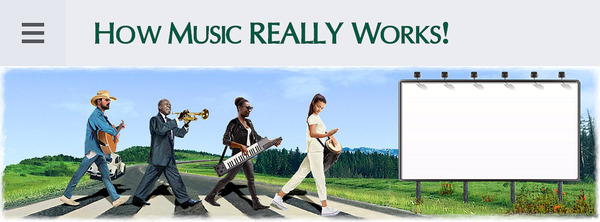You Are Reading the First 6 FREE Chapters (470 pages)
2.1.2The Song Writer and Copyright: The Example of Stephen Foster
Some songwriters of the 18th and 19th centuries wrote hundreds or even thousands of songs. Publishers printed and sold sheet music of their songs, but the composers and lyricists did not get royalties. In those days, if you wanted to make a living in popular music, you had to play or sing, not merely compose songs.
Although the idea of copyright originated in Europe hundreds of years ago, it wasn’t until the 19th Century that national governments legislated the right (in theory, at least) of writers and composers to a share of the revenue from the sale of printed copies of their works (copyright).
In 1851, a court case in Paris resulted in songwriters winning the right to get paid for the public performance of their works (performing right), as in a café or music hall.
In America at the time of Stephen Foster (1826 - 1864), you could make money as a songwriter, but you had to sell your songs outright to a publisher. The publisher was then free to make a fortune selling thousands or even millions of copies of the sheet music. Countless minstrel and music hall troupes touring America and Europe introduced the new songs to the public, songs by Foster, Daniel Emmett (composer of “Dixie”), and others. Millions of people worldwide bought the sheet music, which they played and sang at home. Countless professional musicians and singers made money performing Foster’s tunes.

